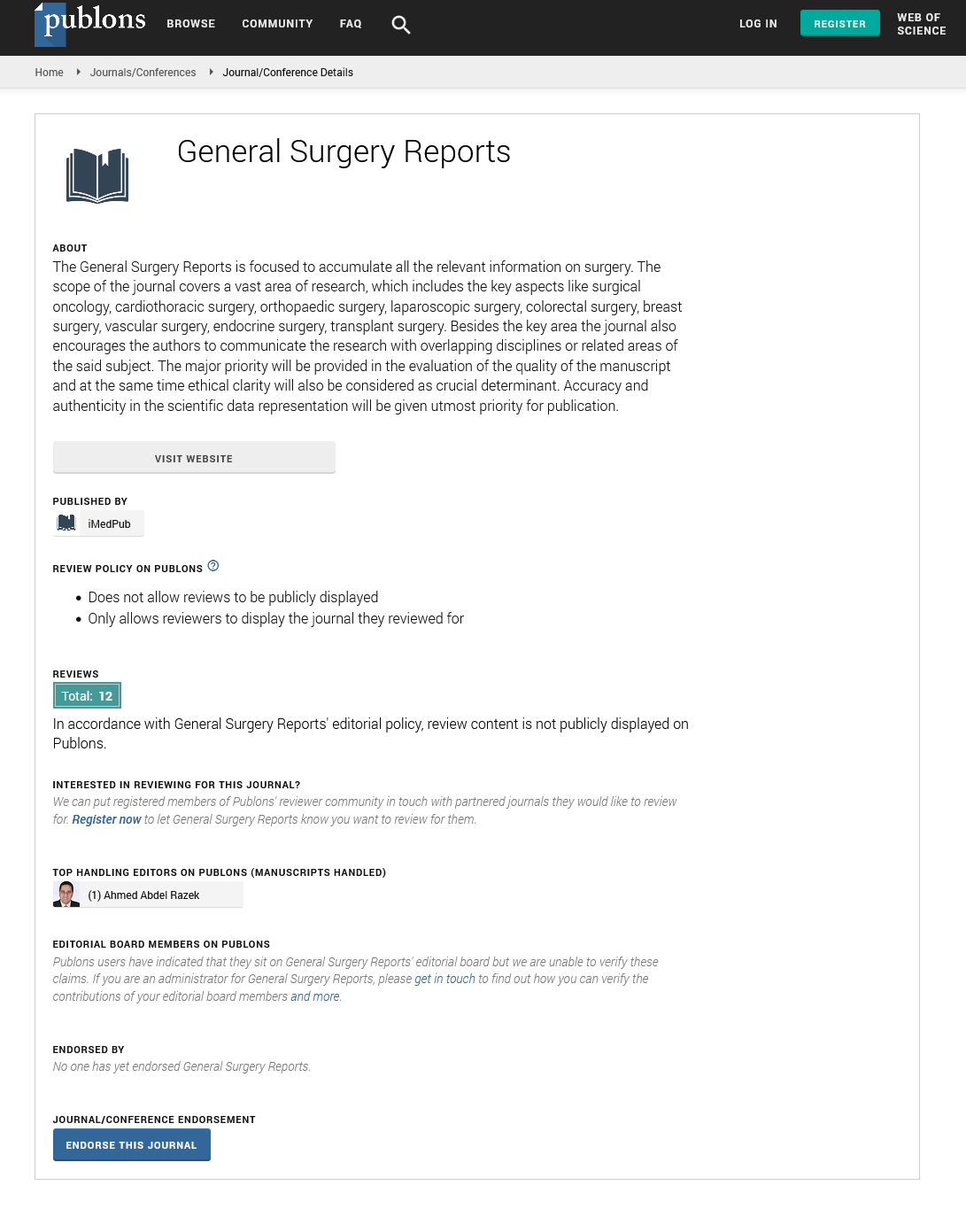Abstract
Comparison Between Remifentanil Blood, Cerebro-Spinal Fluid and Cerebral Extracellular Fluid Levels and Tci Prediction: A Pharmacokinetic Study
Remifentanil is a synthetic opioid, characterized by quick onset and similarly rapid offset, the latter being a result of its large clearance by plasma and tissue esterases. These characteristics make remifentanil ideally suited for target-controlled infusions (TCI). Consequently, Minto developed a pharmacokinetic model which allows its administration via a TCI infusion system. (1,2,3) In 2003, Mertens demonstrated that the pharmacokinetic parameter set described by Minto resulted in significant median over prediction of the measured plasmatic remifentanil concentration by 15% with an inaccuracy of 20%. The conclusion from his study was that “remifentanil can be administered by TCI with acceptable bias and inaccuracy”. (4) In the same year, Hoymork concluded his study showing that TCI for propofol and remifentanil gives large variations in measured serum values, with a significant median over prediction of 25%. Despite huge variations in measured concentrations of propofol and remifentanil,
almost all patients in his study experienced uneventful anaesthesia. (5) In spite of these studies, so far the cerebral concentrations of the drug have never been verified in vivo. Even though we are well aware of the fact that the effect site as described in the pharmacokinetic model cannot be directly measured within the brain being a virtual compartment with no capacity by definition, the premise for our study was that knowing the blood/brain ratio of remifentanil concentration would be useful to add
information on the actual behaviour of remifentanil in a living organism. The first end-point of the study is to elucidate further the difference in concentration between these compartments, the second one is to verify the presumable existence of a correlation between arterial and cerebral remifentanil under stable conditions. Brain microdialysis has been used to shed light on this aspect of the pharmacokinetic and to correlate these findings with Minto’s model.
Author(s): Piacevoli Q, Del Gaudio A, Mincolelli G, Wouters G and Mastronardi P
Abstract | PDF
Share This Article
Google Scholar citation report
Citations : 6
General Surgery Reports received 6 citations as per Google Scholar report
General Surgery Reports peer review process verified at publons
Abstracted/Indexed in
- Google Scholar
- Publons
Open Access Journals
- Aquaculture & Veterinary Science
- Chemistry & Chemical Sciences
- Clinical Sciences
- Engineering
- General Science
- Genetics & Molecular Biology
- Health Care & Nursing
- Immunology & Microbiology
- Materials Science
- Mathematics & Physics
- Medical Sciences
- Neurology & Psychiatry
- Oncology & Cancer Science
- Pharmaceutical Sciences
